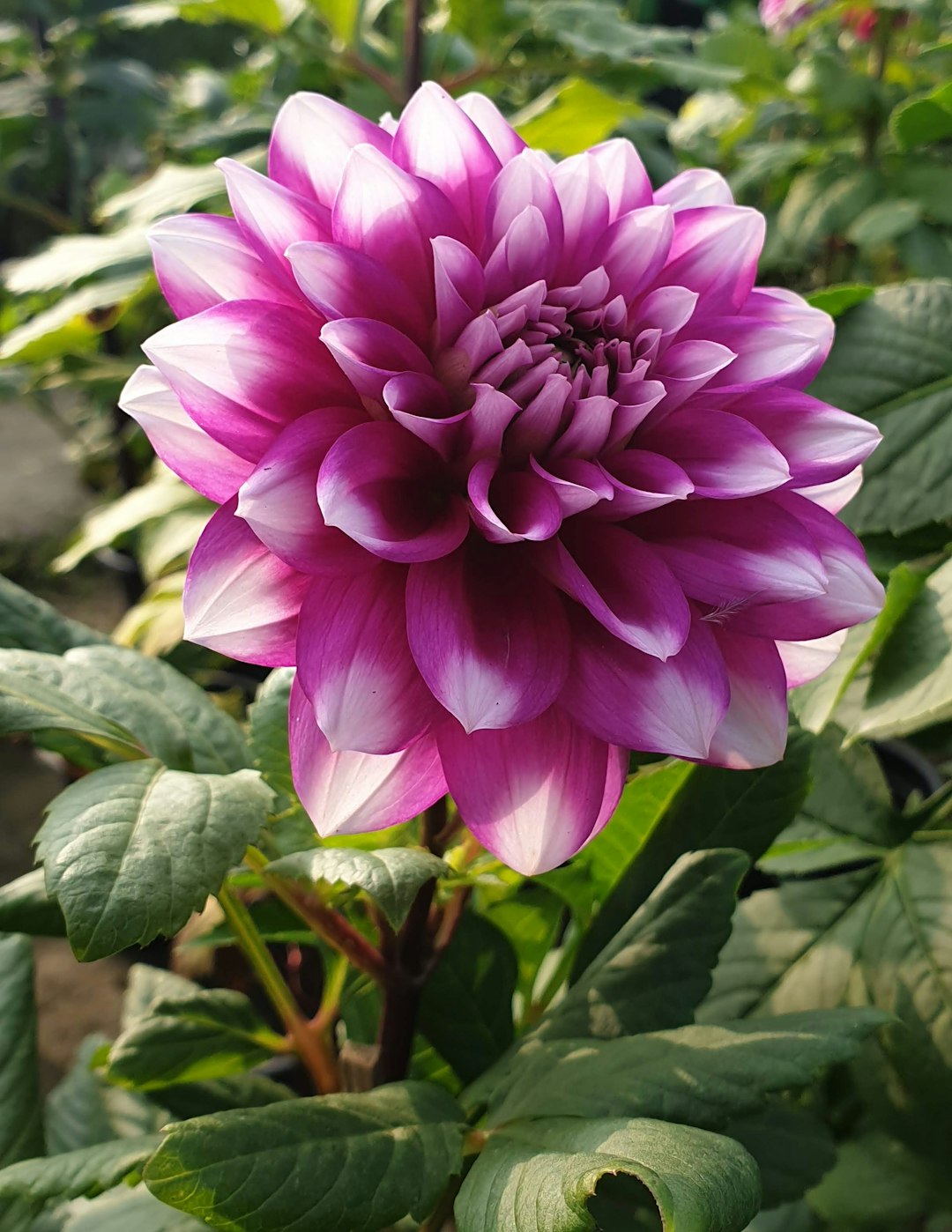The Bounty of an Edible Garden

Embarking on the journey of edible gardening is like opening a door to a world filled with freshness, flavor, and self - sufficiency. It's a rewarding endeavor that allows you to grow easy - care garden plants that you'll enjoy eating, from the juicy tomatoes to the versatile summer squash and the nutrient - rich spinach.
Tomatoes are perhaps one of the most beloved edible garden plants. They come in a wide variety of shapes, sizes, and colors. Cherry tomatoes, with their sweet and bite - sized goodness, are perfect for snacking straight from the vine. Beefsteak tomatoes, on the other hand, are large and meaty, ideal for slicing and using in sandwiches or burgers. When growing tomatoes, it's important to choose a sunny spot in your garden. They need at least six to eight hours of sunlight per day. You can start tomatoes from seeds indoors about six to eight weeks before the last frost date in your area. Once the seedlings are strong enough, transplant them into the garden. Make sure to provide support for the plants, such as stakes or cages, as they grow. This helps keep the fruit off the ground, reducing the risk of rot and pests.
Summer squash is another great addition to an edible garden. There are different types of summer squash, including zucchini and yellow crookneck squash. These plants are relatively easy to grow and produce a bountiful harvest. Summer squash plants thrive in well - drained soil and full sun. They are heavy feeders, so it's a good idea to add compost or well - rotted manure to the soil before planting. Sow the seeds directly into the garden after the last frost. Keep the soil moist but not waterlogged. One of the great things about summer squash is that you can harvest them when they are young and tender. This encourages the plant to produce more fruit throughout the season.
Spinach is a leafy green vegetable that is packed with vitamins and minerals. It's also a cool - season crop, which means it can be grown in the spring and fall. Spinach prefers partial shade, especially in hot summer months. You can sow spinach seeds directly into the garden as soon as the soil can be worked in the spring. The seeds germinate quickly, and you can start harvesting the leaves when they are a few inches long. Spinach is a cut - and - come - again crop, which means you can pick the outer leaves as needed, and the plant will continue to grow. This makes it a great option for a continuous supply of fresh greens.
When planning your edible garden, it's important to consider companion planting. Companion planting is the practice of growing different plants together that benefit each other. For example, tomatoes and basil are great companions. Basil helps repel pests that can damage tomatoes, and the two plants also enhance each other's flavor. Similarly, planting marigolds near your summer squash can help deter nematodes in the soil.
Another aspect of edible gardening is soil health. Healthy soil is the foundation of a successful garden. You can improve the soil by adding organic matter, such as compost, leaf mold, or aged manure. This helps improve the soil structure, retains moisture, and provides essential nutrients for the plants. Regularly testing the soil pH can also ensure that the plants are getting the right balance of nutrients. Most edible garden plants prefer a slightly acidic to neutral soil pH.
Watering is crucial for the growth of your edible garden. Different plants have different water requirements. For example, tomatoes need consistent moisture, especially when the fruit is developing. However, over - watering can lead to problems such as root rot. It's best to water deeply and less frequently, rather than giving the plants a light sprinkle every day. Using a soaker hose or drip irrigation system can help deliver water directly to the roots, reducing water waste.
Weeding is also an important part of maintaining an edible garden. Weeds compete with your plants for nutrients, water, and sunlight. You can use mulch to suppress weeds. Organic mulches, such as straw or shredded leaves, not only help keep the weeds down but also add organic matter to the soil as they break down. Regularly hand - pulling weeds can also prevent them from taking over your garden.
In conclusion, edible gardening is a wonderful way to connect with nature, grow your own food, and enjoy the fruits (and vegetables) of your labor. Whether you have a large backyard or a small balcony, you can create an edible garden filled with easy - care plants that will provide you with delicious and nutritious food throughout the growing season.